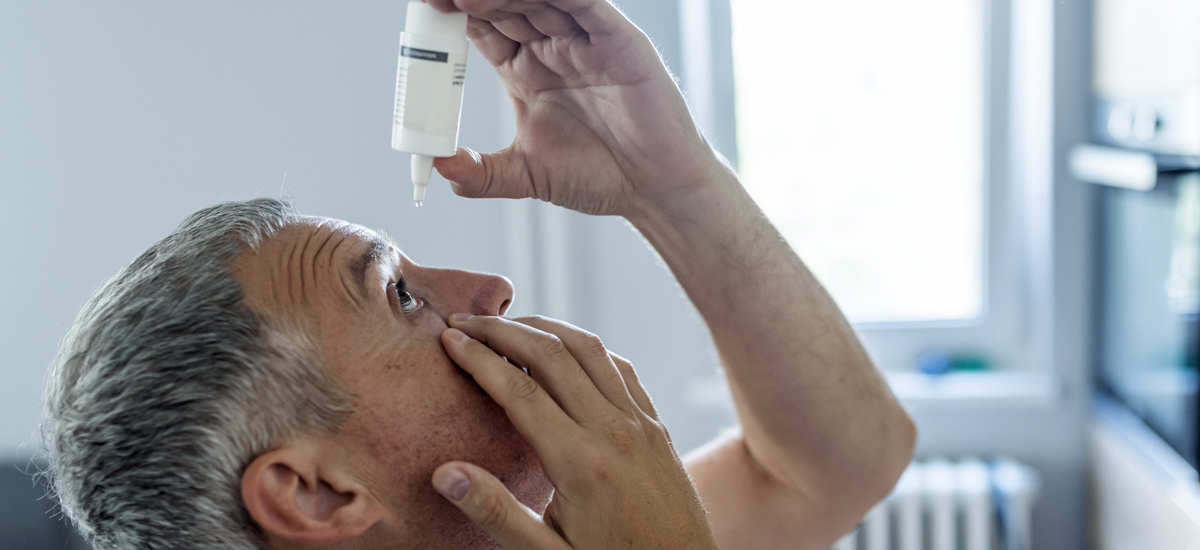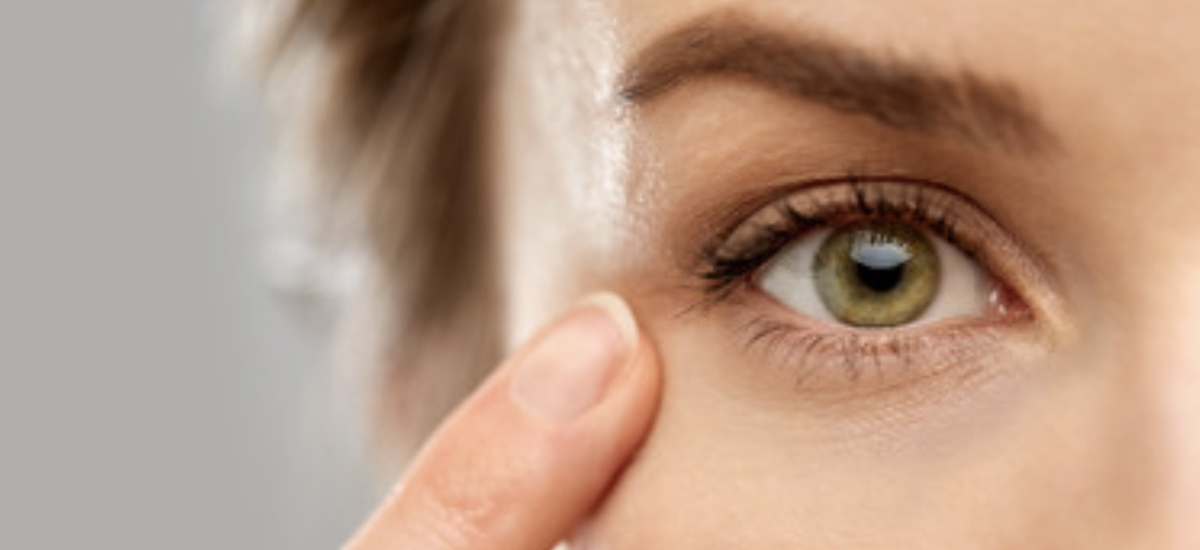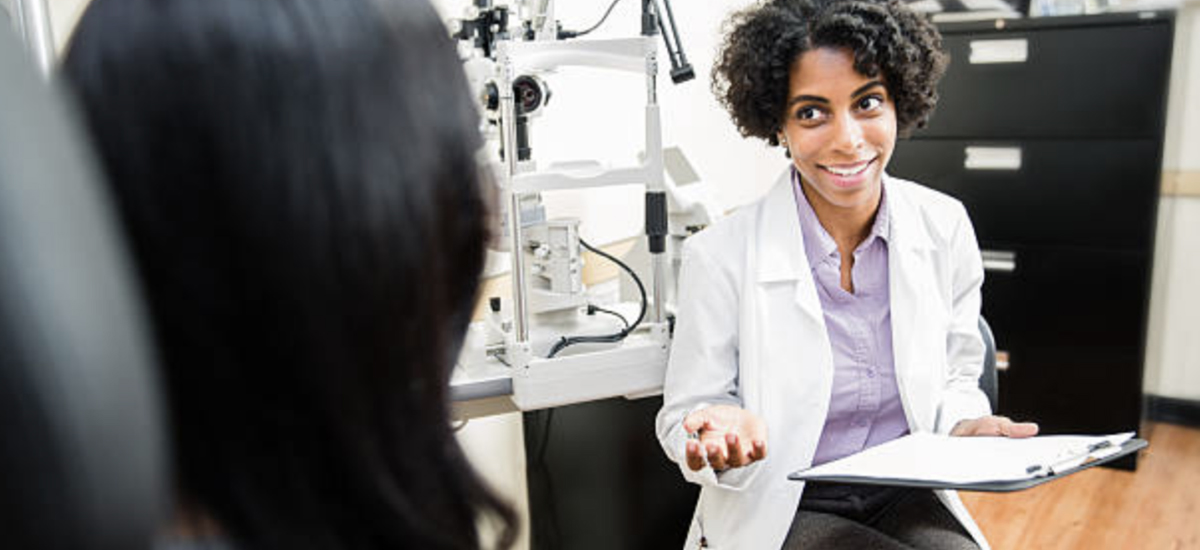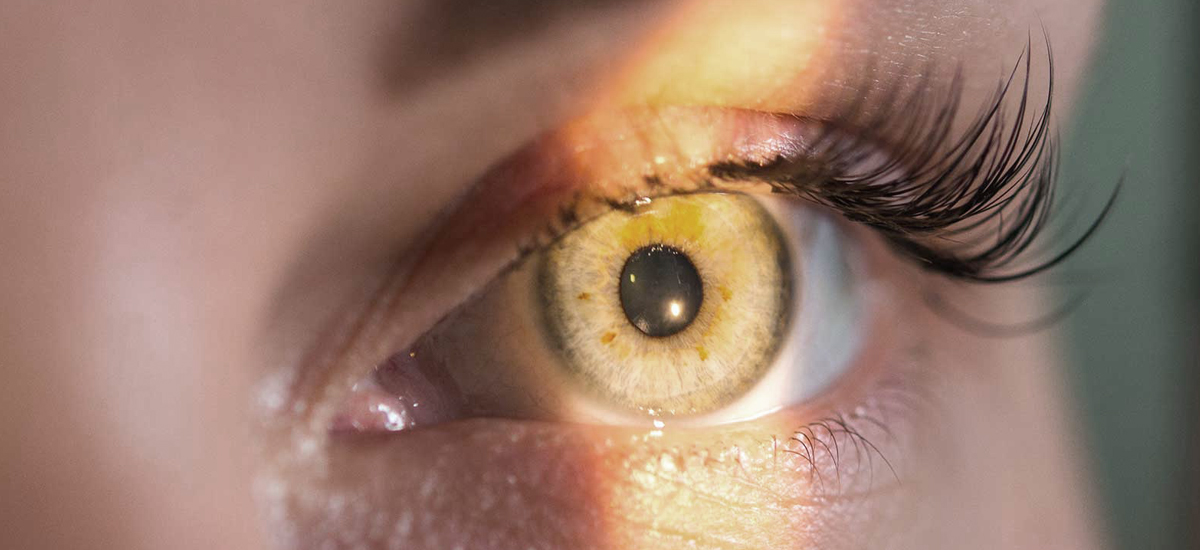Who Cannot Wear Contact Lenses?

Did you know that approximately 1 in 4 people ages 18 to 24 use contact lenses? That statistic is not surprising, understanding the benefits of contacts. And 45 million U.S. citizens wear contacts as their primary form of vision correction.
With so many people choosing contacts instead of glasses, it begs the question: is there anyone who cannot wear contact lenses? Let’s discuss.
Who cannot wear contact lenses?
Whether you’re eligible for contacts depends on the results of your comprehensive contact lens exam. Your optometrist will make the final determination. However, it’s good to know who cannot wear contact lenses (or at least, who may face issues with the wrong contacts) to prepare yourself for success.
So, who can have problems with contacts?
Those With Recurrent Dry Eyes
What is dry eye syndrome? It’s when your eyes lack an adequate tear flow, causing them to lose moisture. Your eyes need tears to stay healthy, fight eye infections, and remove debris and other substances.
Dry eyes are one of the top reasons people switch from glasses to contacts since they can cause irritation and prevent the lenses from staying put on your eyes. Dry eyes can also impact your vision and lead to problems with your cornea, according to the American Optometric Association (AOA).
Having dry eyes doesn’t mean you can never wear contacts, though. The eye doctor may recommend specific contacts, such as rigid gas-permeable lenses, which are hard contacts that maintain moisture better than many alternatives.
Those With Allergies
You can still wear contacts with many allergies, but if you’re allergic to the lens material, we discourage you from wearing contacts. Some people are also allergic to the contact lens cleaning solution, which can cause issues with keeping the lenses clean.
If your contacts seem to bother you during allergy season, the optometrist can suggest a select type of eye drops to keep any eye irritation at bay. Daily wear contacts are one of the best options for those with allergies since this eyewear must be disposed of each night.
Your eye doctor may also recommend you switch from contacts to glasses during allergy season. Allergens will be less likely to come into contact with your eyes since your frames and lenses will be in the way.
Those Who Get Eye Infections Easily
Were you aware that you are five times more likely to get an eye infection if you fall asleep wearing contacts? Eye infections are challenging enough when you don’t wear contacts--but they can cause serious issues if you do.
You can usually avoid eye infections by keeping your contacts clean. For those who store the lenses in an unsafe place, such as on a bathroom counter instead of in a case, you’re more likely to take in germs and obtain an eye infection.
Severe eye infections can also cause vision loss, which is why we don’t suggest contacts if you can’t wash them or dispose of them as recommended. If your eye doctor says you can’t wear contacts anymore due to frequent eye infections, ask if there’s any way to lessen your risk.
Summary: Who should avoid contacts?
Contact lenses are safe by most eye professionals’ standards. However, if you’re not careful, they can cause issues for your eyes.
Your eye doctor will let you if you’re ineligible, such as if you require special lenses that aren’t on the market yet or if you have issues with your eyes, which contacts can exacerbate.
In many cases, your optometrist can treat your eye condition and go on to prescribing contacts. But if you have dry eyes, allergies, or a high likelihood of getting an eye infection, glasses might be the better eyewear for you.
Time to purchase contact lenses?
Browse our selection of top contact lens brands. We carry daily, weekly and monthly disposables, multifocal and more. Visit your local For Eyes or shop online in just a few clicks.











